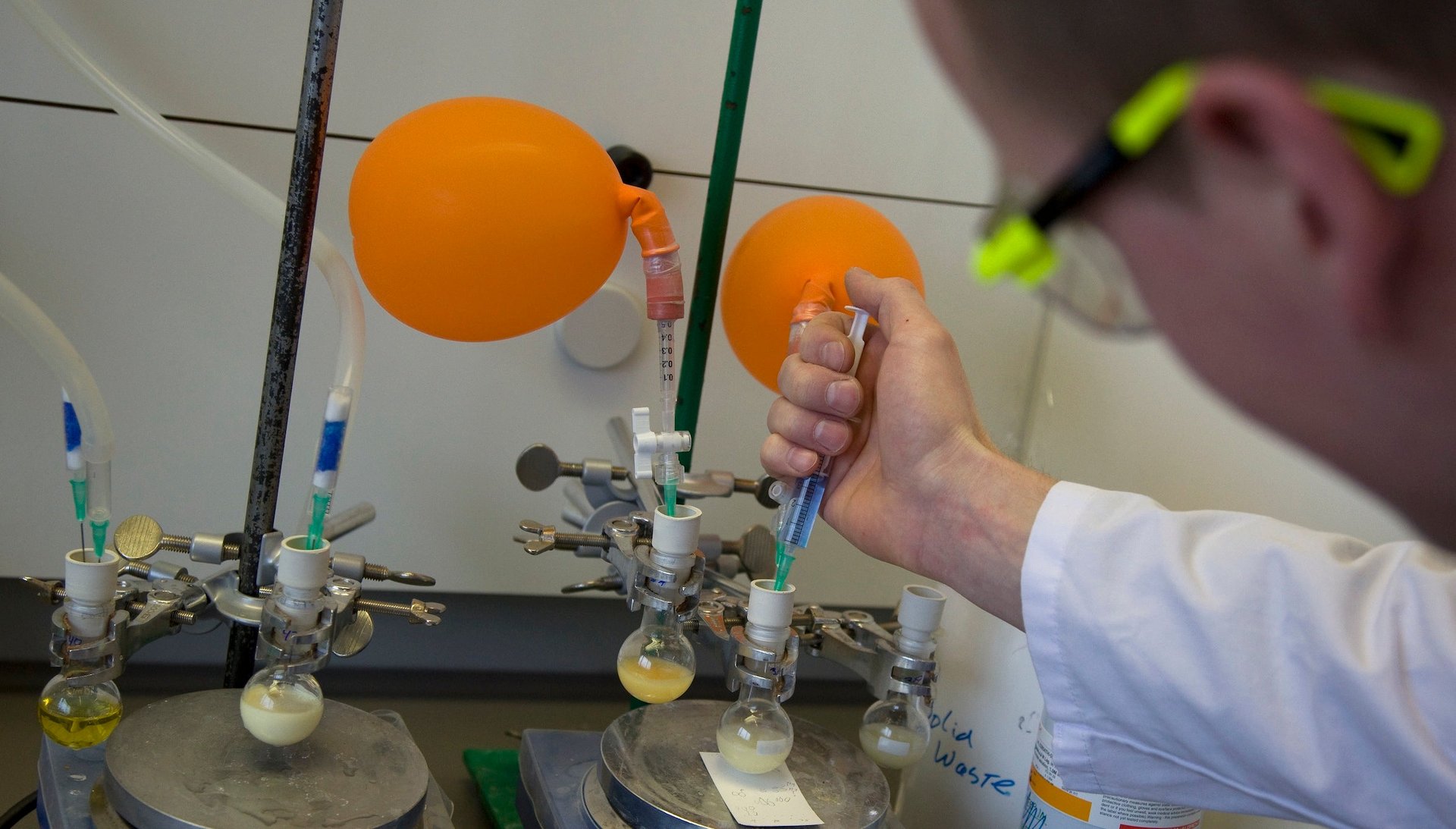Prices for the miracle drugs that cure Hepatitis C are collapsing
When California based Gilead Sciences announced a breakthrough treatment in late 2013 that cures most kinds of Hepatitis C, people were outraged at the cost: $84,000 in total, or nearly $1,000 a pill.


When California based Gilead Sciences announced a breakthrough treatment in late 2013 that cures most kinds of Hepatitis C, people were outraged at the cost: $84,000 in total, or nearly $1,000 a pill.
There are more expensive drugs, but Gilead Science’s hepatitis drugs’—Sovaldi and Harvoni—combination of eye-popping price, sales, and patient population (100 million plus worldwide) is unprecedented (paywall).
But on February 3rd, Gilead announced in its quarterly earnings call that it expects to cut the price of its Hepatitis C drugs an average of 46% this year in the US. That’s double last year’s discount. Some government plans will pay less than half the list price for Harvoni (a Gilead follow up treatment that combines Sovaldi’s active ingredient with another drug).
And the reason why can be summed up in one word: Competition.
Illinois based AbbVie launched a competing drug, known as Viekira Pak, late last year sparking a heated price war as the two companies fight to sign exclusive deals with the middlemen that buy the drugs. Few people pay sticker price for expensive prescription drugs. They’re usually bought through a contract by their insurer, or a government health plan. Drug companies give discounts to convince these plans to prefer their drug over another, exclude a competitor, or to offer it to more of their patients.
As shocking as list prices are, they’re usually only a starting point.
The sheer size of the market and price of the drugs mean negotiations are extremely intense. Sovaldi and Harvoni combined nearly outsold the best-selling drug in the world last year which was AbbVie’s anti-arthritis drug, Humira.
One analyst called the size of the price cuts a “shock” (paywall). Gilead’s stock is down more than 7%, AbbVie’s only slightly less, and the entire biotechnology sector took a hit.
This is a big deal, for more than just investors.
Cheaper prices mean more patients will get these drugs. Many plans restricted access to only very sick patients because it was so expensive. Now more people will get a cheaper cure, an earlier one, and will suffer fewer side effects, which is one of the prime benefits of the drug. That’s a very good thing, though it might not feel that way to shareholders.